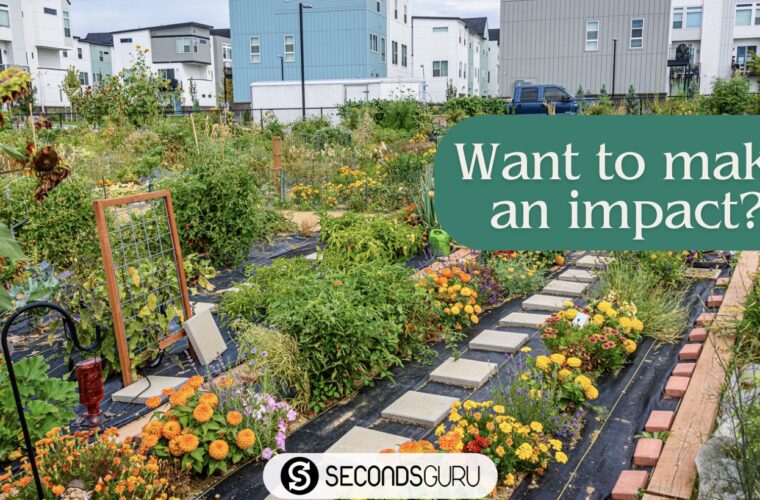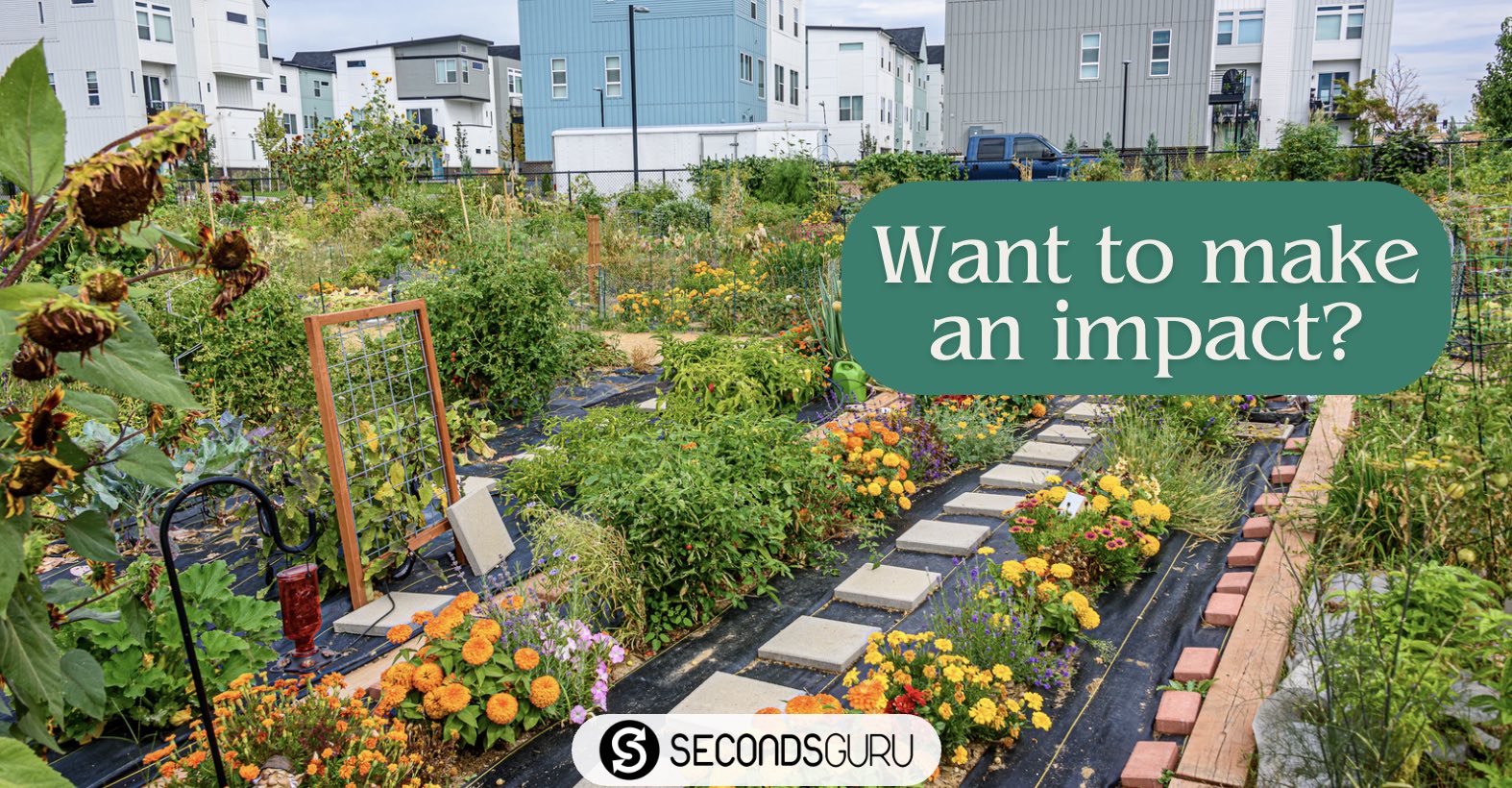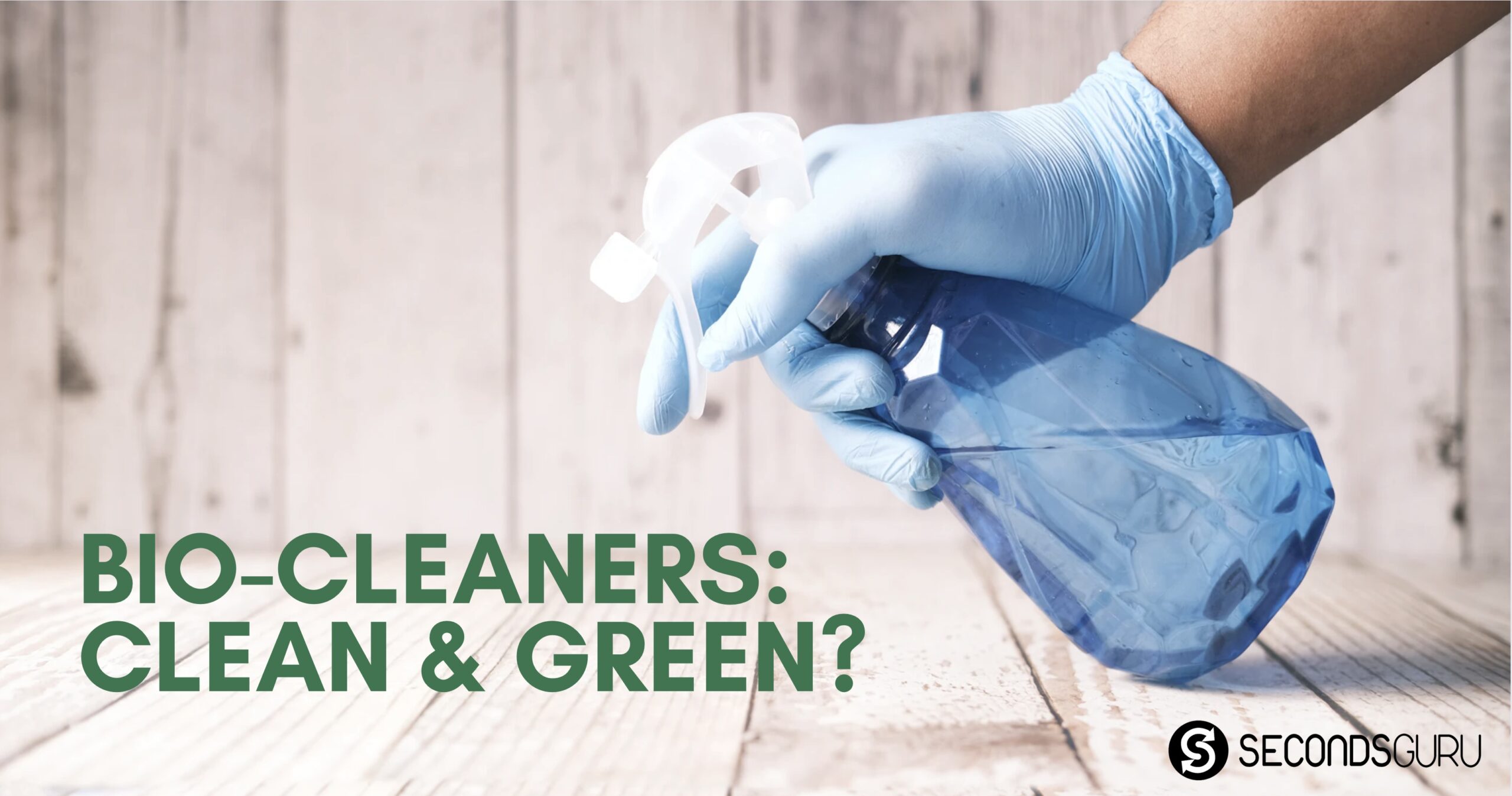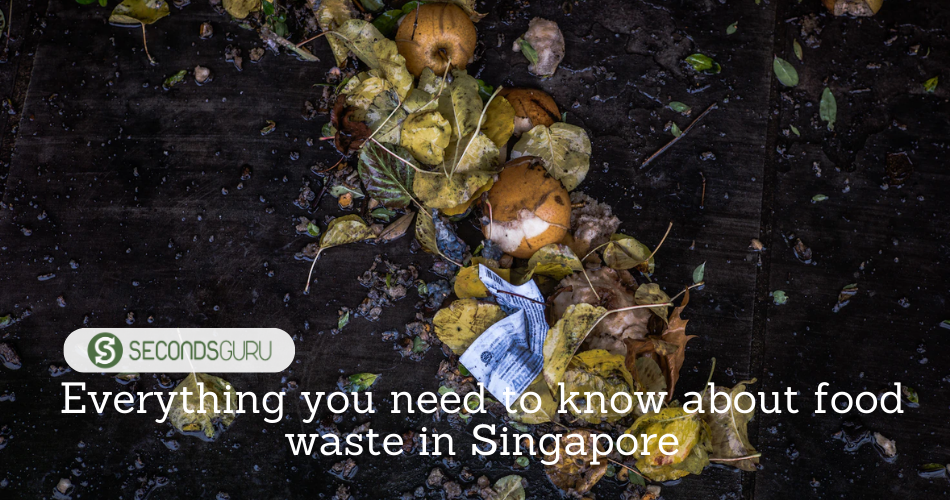In an era where environmental challenges are more pressing than ever, the power of community-based sustainability initiatives cannot be overstated. Globally, these grassroots movements are making significant strides in promoting environmental stewardship, advocating for social responsibility and fostering a culture of volunteerism. Singapore, renowned for its green spaces amidst urban sprawl, is a testament to the effectiveness of such community engagement in driving sustainable change. This article aims to shine a light on Singapore’s vibrant …[Read more]







